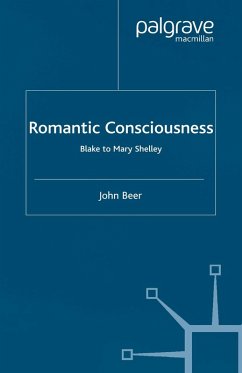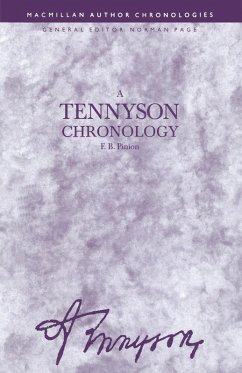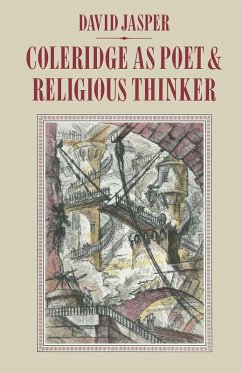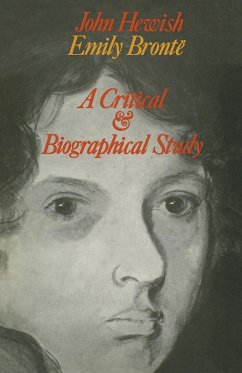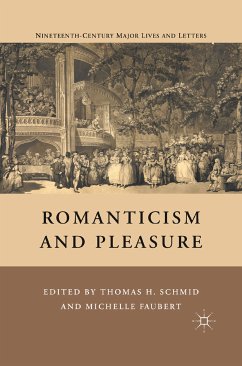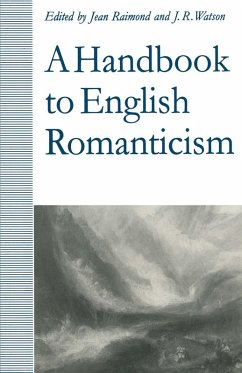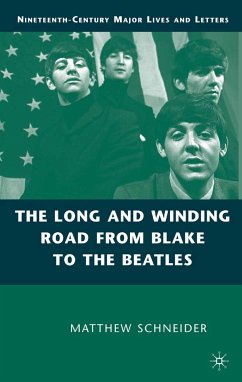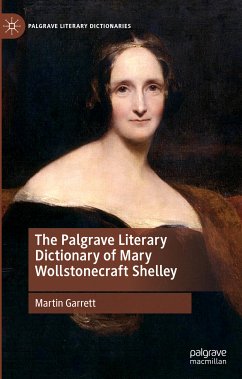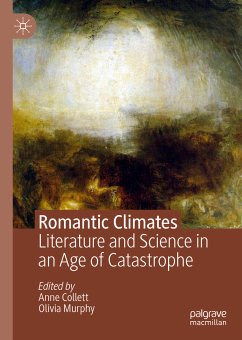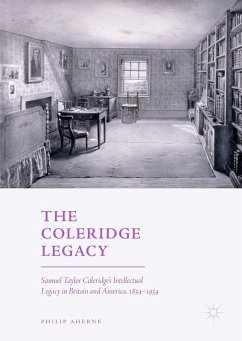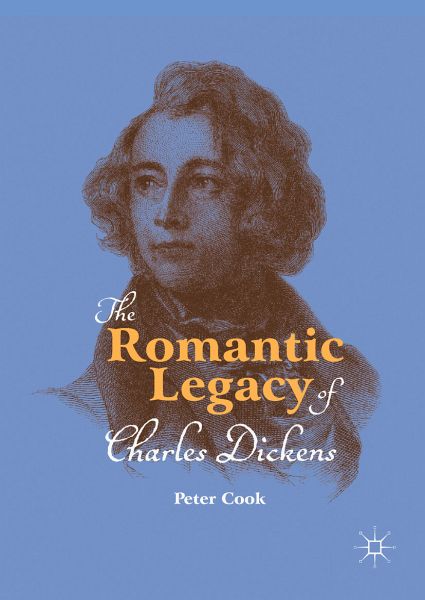
The Romantic Legacy of Charles Dickens (eBook, PDF)
Versandkostenfrei!
Sofort per Download lieferbar
46,95 €
inkl. MwSt.
Weitere Ausgaben:

PAYBACK Punkte
23 °P sammeln!
This book explores the relationship between Dickens and canonical Romantic authors: Blake, Wordsworth, Coleridge, Byron, Percy and Mary Shelley, and Keats. Addressing a significant gap in Dickens studies, four topics are identified: Childhood, Time, Progress, and Outsiders, which together constitute the main aspects of Dickens's debt to the Romantics. Through close readings of key Romantic texts, and eight of Dickens's novels, Peter Cook investigates how Dickens utilizes Romantic tropes to express his responses to the exponential growth of post-revolutionary industrial, technological culture a...
This book explores the relationship between Dickens and canonical Romantic authors: Blake, Wordsworth, Coleridge, Byron, Percy and Mary Shelley, and Keats. Addressing a significant gap in Dickens studies, four topics are identified: Childhood, Time, Progress, and Outsiders, which together constitute the main aspects of Dickens's debt to the Romantics. Through close readings of key Romantic texts, and eight of Dickens's novels, Peter Cook investigates how Dickens utilizes Romantic tropes to express his responses to the exponential growth of post-revolutionary industrial, technological culture and its effects on personal life and relationships. In this close study of Dickensian Romanticism, Cook demonstrates the enduring relevance of Dickens and the Romantics to contemporary culture.
Dieser Download kann aus rechtlichen Gründen nur mit Rechnungsadresse in A, B, BG, CY, CZ, D, DK, EW, E, FIN, F, GR, HR, H, IRL, I, LT, L, LR, M, NL, PL, P, R, S, SLO, SK ausgeliefert werden.



